Patriot missile system deployment violates Iraq sovereignty: Lawmaker
An Iraqi legislator has condemned US plans to install Patriot missile systems in the Arab country, saying such deployment violates Iraq’s sovereignty.
“The Iraqi parliament represents all political groups and currents. The (parliamentary) decision demanding the withdrawal of US military forces is supported by the public opinion. Therefore, the [American] troops’ attempt to deploy Patriot missile systems in their bases in order to beef up their combat capabilities is rejected and considered a violation of our sovereignty,” Karim Alawi, a member of the parliament's security and defense committee, told Arabic-language Baghdad Today news agency on Thursday.
He added, “The presence of US forces in Iraq is illegal. The recent parliamentary decision is clear. The ball is now in the government’s court to get those forces out. If it is not implemented, there will a reaction from all fronts, including filing a complaint with the United Nations and other Islamic organizations with the aim of removing American troops.”
The lawmaker said Iraqis will march in Baghdad on Friday to deliver the message to American forces that “Iraqi people reject their presence and it is time they left their bases.”
The US is considering deploying the anti-missile system to purportedly protect American troops in Iraq..
The decision came after Iran on January 8 fired a number of ballistic missiles at Ain al-Asad air base in Iraq’s western province of Andar, where more than 1,000 US troops are based.
The attack was in retaliation for US President Donald Trump’s authorization of a drone strike that assassinated Lt. Gen. Qassem Soleimani, the commander of the Quds Force of Iran’s Islamic Revolution Guards Corps (IRGC), the second-in-command of Iraq’s Popular Mobilization Units (PMU), Abu Mahdi al-Muhandis, and their companions near Baghdad International Airport on January 3.
Fox News television news network claimed at the time that there were no US missile systems in position to shoot down the Iranian missiles.
Last week, eleven US soldiers were flown from Iraq to US medical facilities in Germany and Kuwait for further evaluation of concussion-like symptoms in the wake of the Iranian missile attack.
Navy Capt. Bill Urban, spokesman for US Central Command, which oversees military operations across the Middle East, also said on Tuesday evening that additional US troops had been flown out of Iraq for closer evaluation of potential concussion injuries but did provide an exact number.
“As medical treatment and evaluations in theater continue, additional service members have been identified as having potential injuries,” Urban said.
“These service members – out of an abundance of caution – have been transported to Landstuhl, Germany, for further evaluations and necessary treatment on an outpatient basis. Given the nature of injuries already noted, it is possible additional injuries may be identified in the future,” he added.
Two days after the US air raid targeting General Soleimani, Iraqi lawmakers unanimously approved a bill demanding the withdrawal of all foreign military forces led by the United States from the country.
Late on January 9, Iraq’s caretaker Prime Minister Adel Abdul-Mahdi called on the United States to dispatch a delegation to Baghdad tasked with formulating a mechanism for the withdrawal of US troops from the country.
According to a statement released by the Iraqi premier’s office, Abdul-Mahdi “requested that delegates be sent to Iraq to set the mechanisms to implement the parliament's decision for the secure withdrawal of (foreign) forces from Iraq” in a phone call with US Secretary of State Mike Pompeo.
“The prime minister said American forces had entered Iraq and drones are flying in its airspace without permission from Iraqi authorities and this was a violation of the bilateral agreements,” the statement added.
The US State Department bluntly rejected the request the following day.
The US State Department said in a statement that Washington would not hold discussions with Baghdad regarding US troop withdrawal.
“At this time, any delegation sent to Iraq would be dedicated to discussing how to best recommit to our strategic partnership — not to discuss troop withdrawal, but our right, appropriate force posture in the Middle East,” State Department spokesperson Morgan Ortagus said.
American warplane downed after Yemeni attacks 'baffled' US air defense: Ansarullah
VIDEO | Yemenis praise the military for its successful operations against Israel
VIDEO | Israel continues to bomb Gaza homes
VIDEO | An insider's view of the country: Meybod City in Yazd
‘All wars have rules. All of those rules have been broken’ by Israel
VIDEO | Report flags India’s violation of rights of Rohingya detainees
Turkey's foreign minister meets Syria's de facto leader in Damascus
VIDEO | US Syria plots


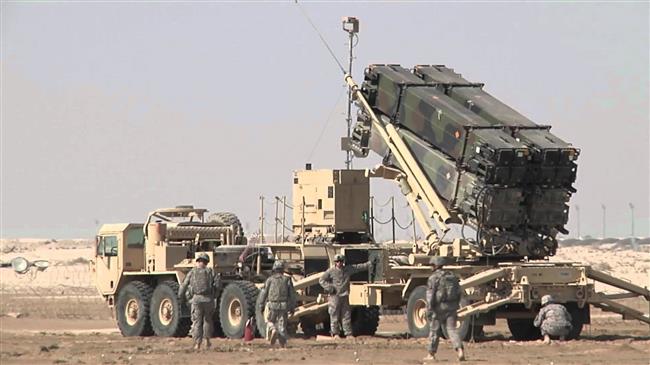










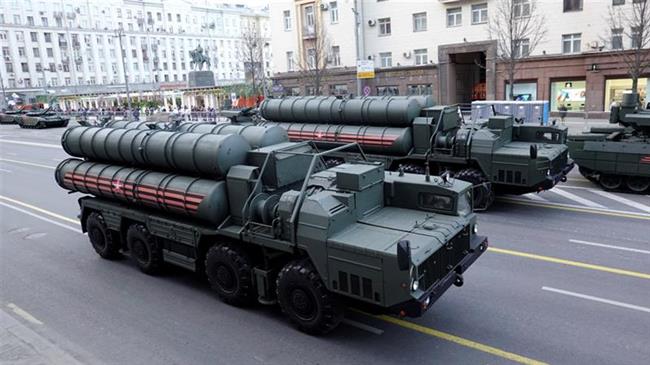
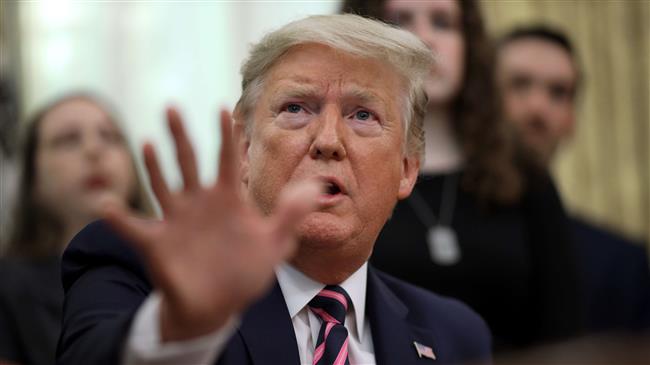
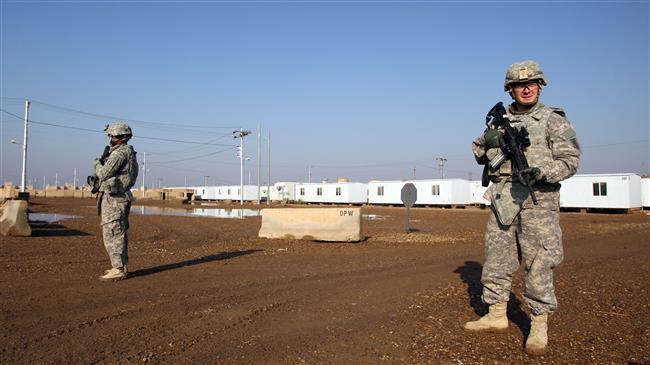
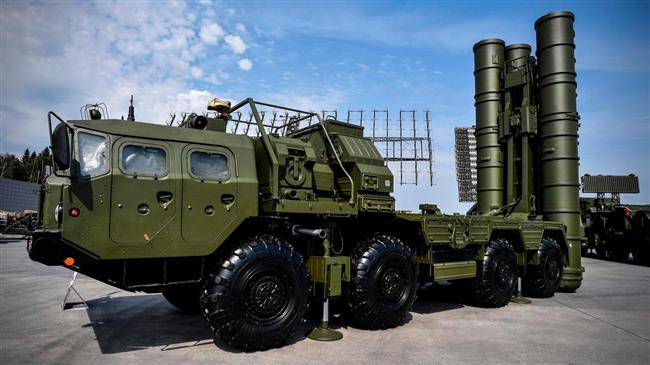
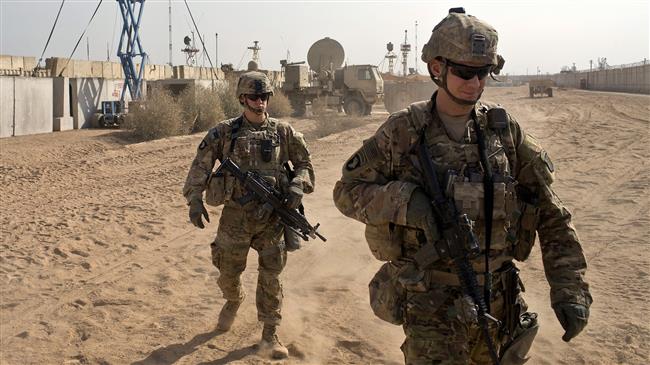
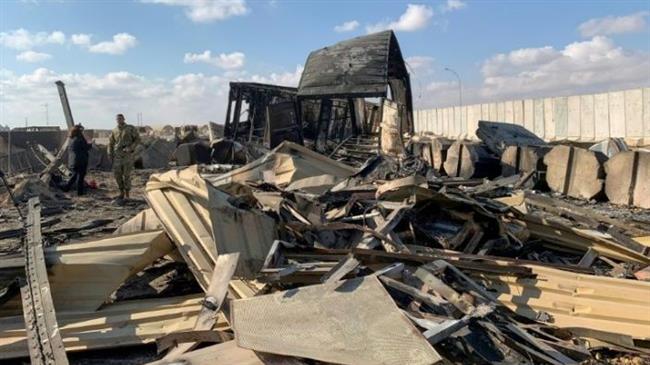
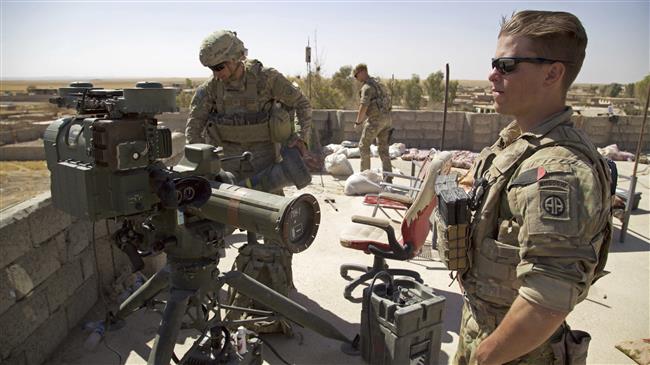

 This makes it easy to access the Press TV website
This makes it easy to access the Press TV website